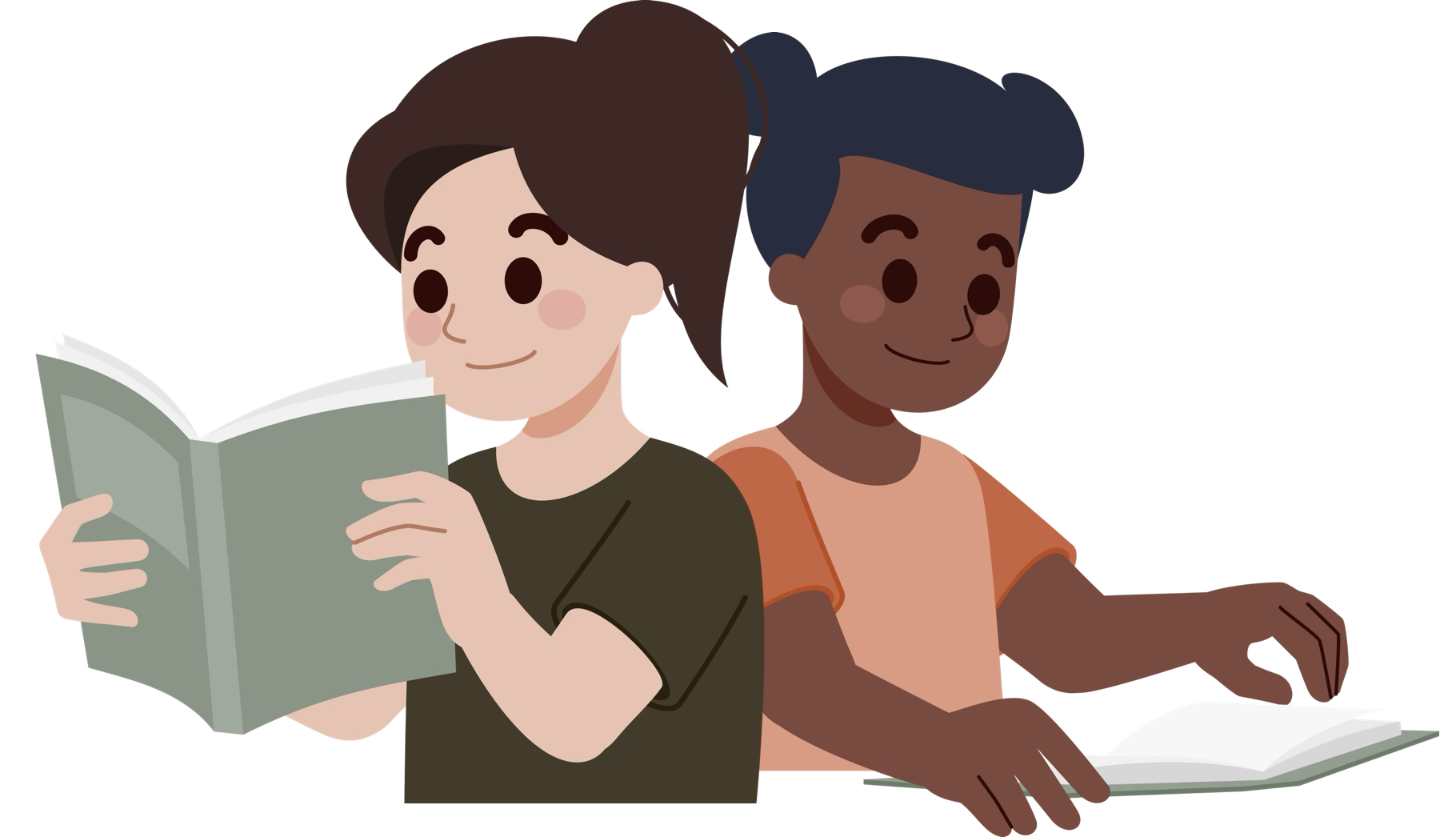ELIZABETH
HENDRIX
Certified Academic Language Therapist
TEACHING CHILDREN TO READ
FOR MORE THAN THREE DECADES
One in five children are dyslexic and learn to read in a different way. Most public and private schools do not have qualified dyslexic/reading teachers.
Bring your children to me and I will teach them to read!
AS HEARD ON


AS HEARD ON


ELIZABETH
HENDRIX
Certified Academic Language Therapist
TEACHING CHILDREN TO READ FOR MORE THAN THREE DECADES
One in five children are dyslexic and learn to read in a different way. Most public and private schools do not have qualified dyslexic/reading teachers.
“Bring your child to me and I will teach them to read.”
New Neuhaus curriculum
TEACHING METHODS

I use a structured, systematic, multisensory, and detailed program which includes: Scientific Spelling, Multisensory Grammar, Writing, Phonemes, Decoding, Phonological Awareness, Alphabet Activities and much more.
“The Neuhaus Program has cultivated a community of learners and future leaders“
New Neuhaus curriculum
TEACHING METHODS
I use a structured, systematic, multisensory, and detailed program which includes: Scientific Spelling, Multisensory Grammar, Writing, Phonemes, Decoding, Phonological Awareness, Alphabet Activities and much more.
My lessons provide clues for reading unfamiliar words and understanding word meanings which have been proven effective for helping students improve their reading skills.
“With Neuhaus, we have cultivated a community of learners and future leaders”
AS HEARD ON

DYSLEXIA MYTHS AND FACTS
FROM REGENTS OF THE UNIVERSITY OF MICHIGAN
Myth: Dyslexia does not exist.
Fact: There has been over 30 years of documented, scientific evidence and research proving the existence of dyslexia. It is one of the most common learning disabilities to affect children.
Myth: Smart people cannot be dyslexic
Dyslexia and intelligence are NOT connected. Many dyslexic individuals are very bright and creative and have accomplished amazing things as adults.
Myth: Dyslexia is rare.
Fact: In the United States, NIH research has shown that dyslexia affects 5-10% of the population, with estimates as high as 17%. Some people may have more mild forms, while others may experience it more severely. Dyslexia is one of the most common causes of reading difficulties in elementary school children.
Only 1 in 10 dyslexics will qualify for an IEP and receive the special education services in order to get the help in reading that they need which is why it’s so important for parents to work with specialists and private tutors to ensure their kids stay engaged with reading (and on grade level).
People with dyslexia cannot read.
Myth: Dyslexia can be outgrown.

Testimonials
“After 5 years in the school system with no results, I was unsure that anyone could teach my son to read. My son was on a 1st-grade reading level when he came to Elizabeth. After 2 years, he was reading ON LEVEL!“
“Your class takes such intensive direct teaching from you which appears tireless. Thank you for your efforts.”
“As my lessons continued, my grades steadily improved. Not only did I eventually catch up with my classmates, but I went on to become one of the top 10 students in my class.
Ms. Hendrix has an extraordinary gift, and I wholeheartedly recommend her for both education and mentorship.”
I have seen her small group tutorial classes and am astounded by the progress these students make over time. The confidence and gains her students make are incredible.”
Elizabeth came highly recommended by the Neuhaus Education Center as she is very successful with students completing the Basic Language program. Her tutoring helped our child conquer reading on level and pass the state-required tests. Dyslexic children can be taught to learn anything. Elizabeth’s willingness to accept responsibility for these students is amazing.
Let’s Learn Together!
Please explore my website, and then, please, feel free to call or email me with your questions. I’m sure you will have many of them.
347.882.1074
Eahendrixnyc@gmail.com
